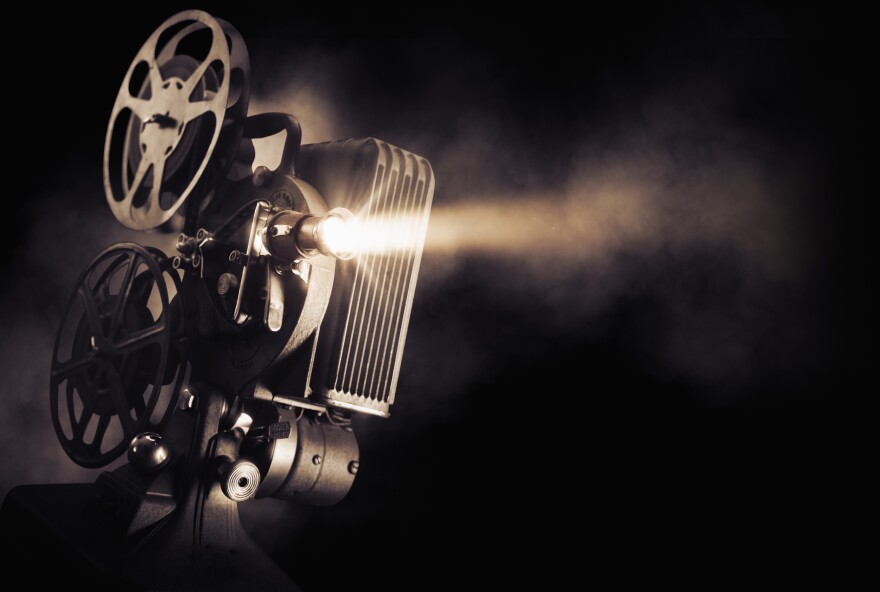Have you ever seen a movie so bad that it's good? It could just be a bad film, but it could also fit into the genre of "trash cinema."
Films that may seem trashy on the surface can actually have historical, societal and cultural significance. In fact, UW-Milwaukee director of film studies Jocelyn Szczepaniak-Gillece has a whole class dedicated to the genre.
She says that trash films push boundaries, embrace shock value and take on the taboo.
"The way that I like to think about trash cinema is that it's a little bit tasteless. So, it's something that sort of pushes the boundaries of good taste, and it makes us question whether we even should be watching it," says Szczepaniak-Gillece. Trash cinema also tends to be something that people are hesitant to allow children to watch, or even admit that they have watched something themselves. However, despite the low budget or production qualities that we may think of, "trash cinema" often plays a vital role in artistic expression.
“There is so much significance in trash that we’ve been kind of unwilling to recognize for so long because we’re so obsessed with markers of quality.”
- UW-Milwaukee director of film studies Jocelyn Szczepaniak-Gillece
"So when I talk about trash cinema, I'm always actually secretly providing some kind of a philosophical approach to how we think about taste cultures — and how taste is not something natural," notes Szczepaniak-Gillece.
When it comes to taste, she says you don't like something simply "because" — it has to do with your experiences, your education, your class, race, gender, nationality, and other ideologies that impact what you assign value to.
"What seems trashy at any moment in time is what operates outside the borders of propriety, like what polite society feels OK talking about or OK discussing and those borders are constantly shifting," says Szczepaniak-Gillece.
She encourages others to look at trash cinema and the way it manages to disrupt the "high art hierarchy," which in turn can help us reassess what value we put on film, no matter how its made.
_







